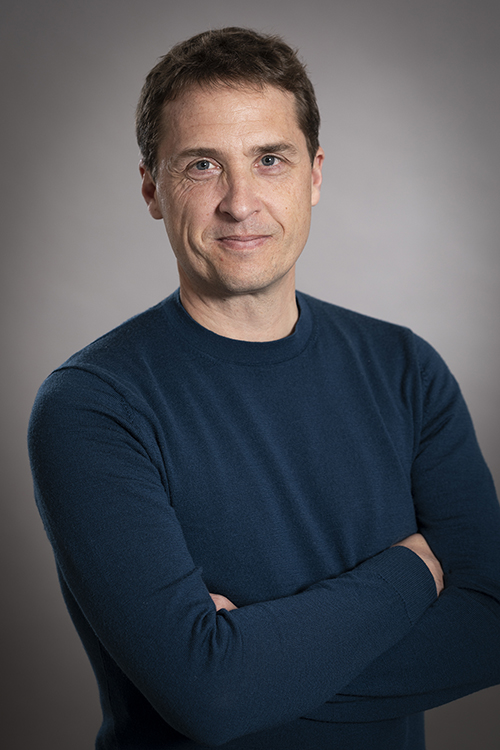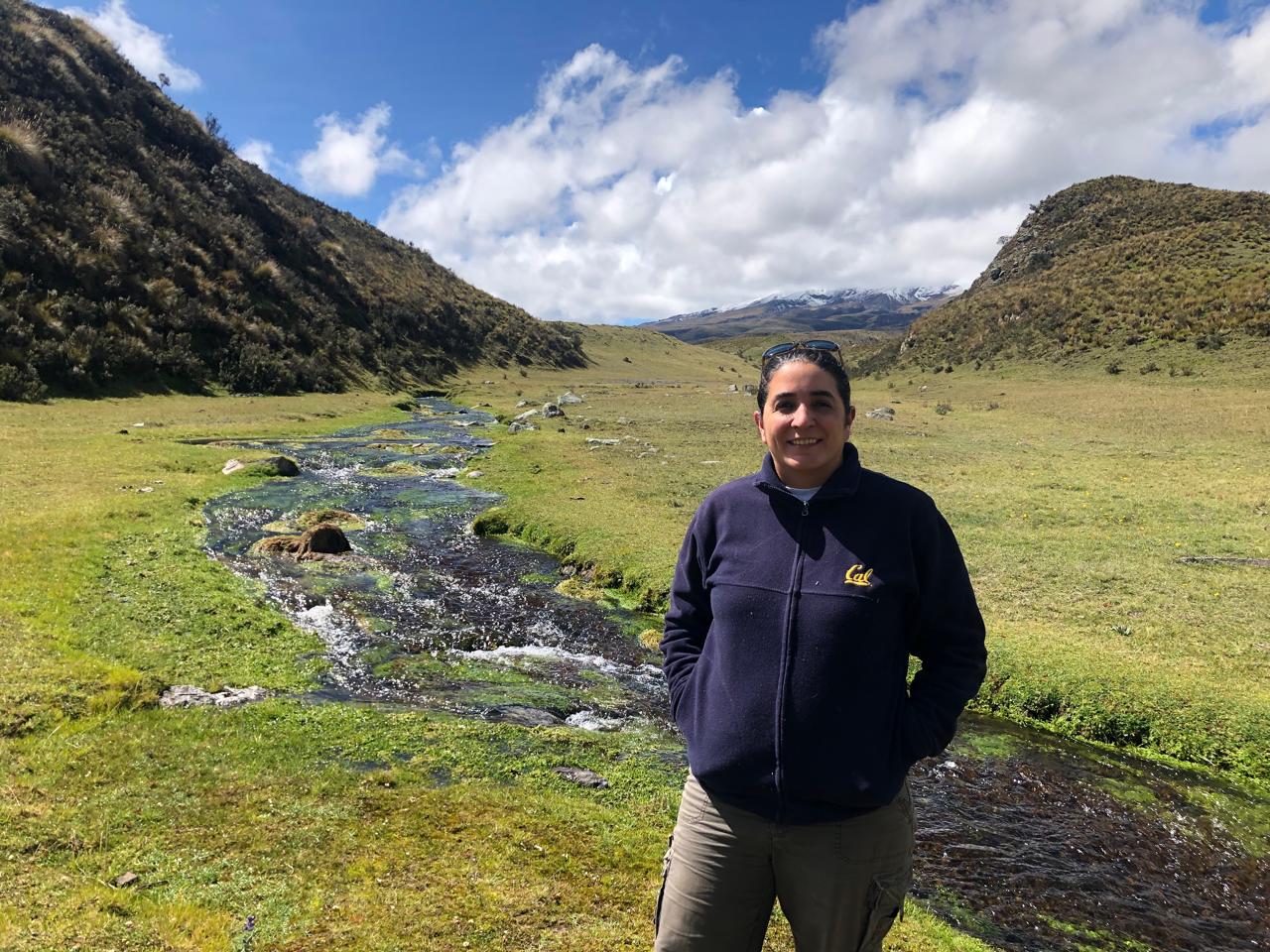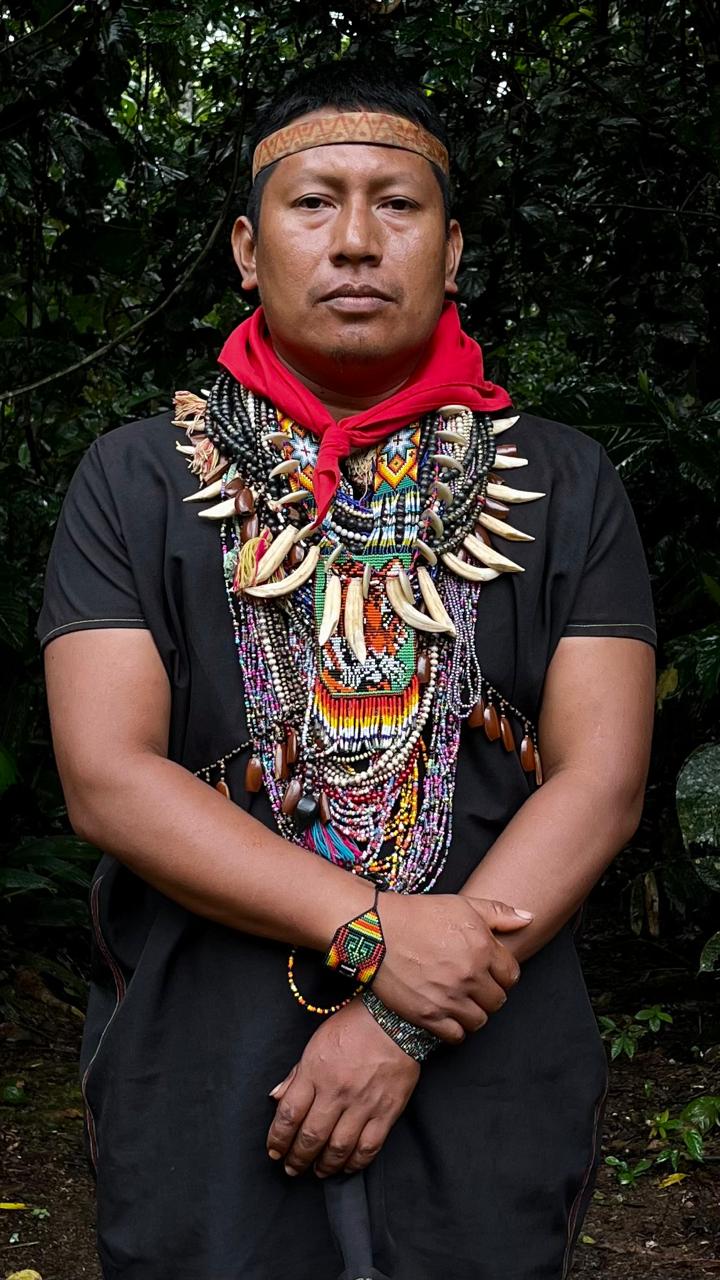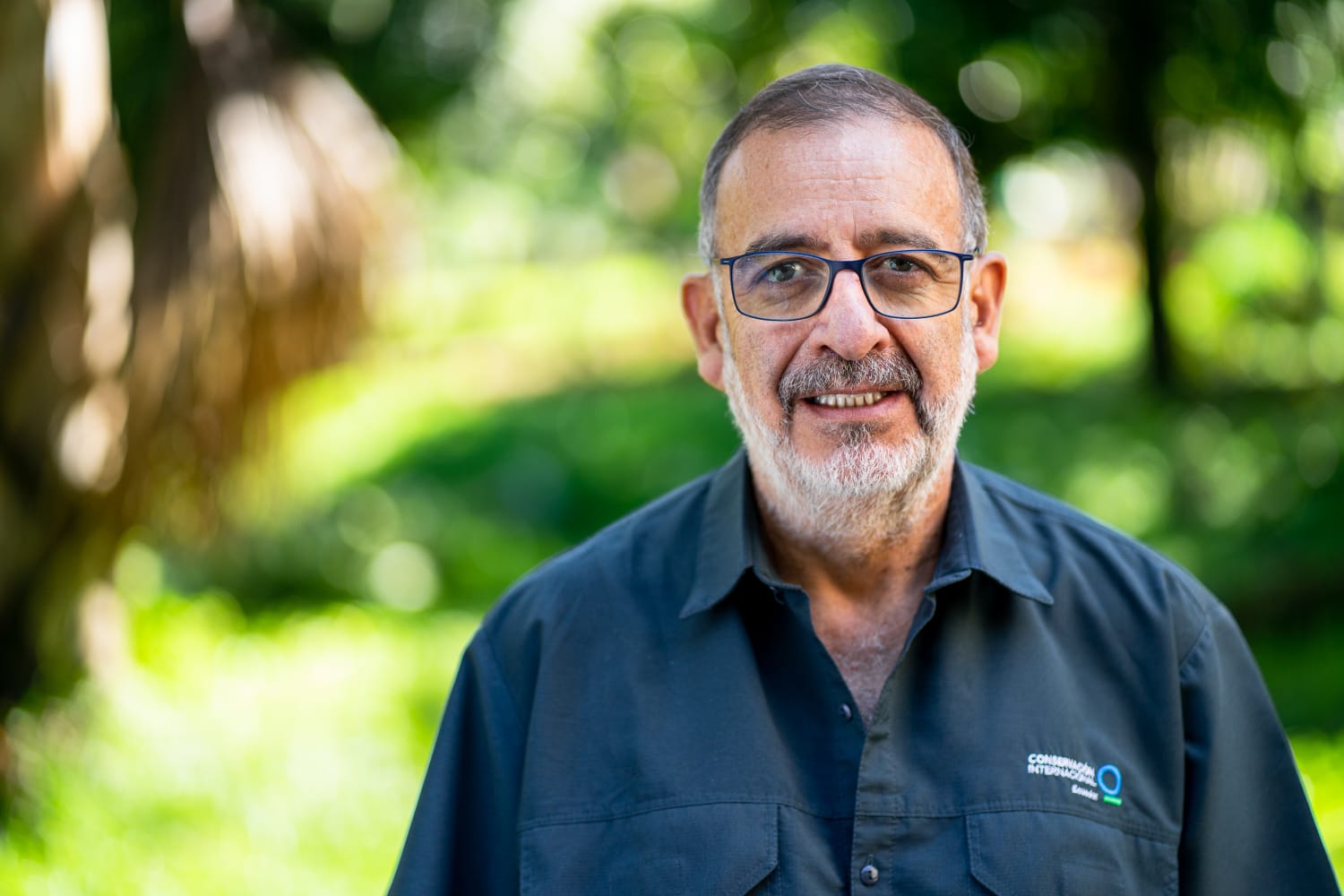Key Speakers
Meet the Key Speakers of the IV Latin American and Caribbean Congress on Conservation Biology. Their extensive experience and contributions to conservation biology in the region have been remarkable, and they will share valuable insights that align with the congress's objectives.
Tarsicio Granizo
Tarsicio Granizo (WWF-Ecuador) Ecuadorian biologist, has worked in environmental conservation in governmental and non-governmental organizations in Ecuador and other Latin American countries for more than 40 years. He is currently director of WWF (World Wildlife Fund) in Ecuador. He was Minister of Environment of Ecuador from May 2017 to August 2018. He is the author and co-author of scientific and popular publications.
Lecture Title: “How to do Research and Conservation in the current situation of the country”
Date: Monday, November 25, 2024
Time: 19:30
Location: Auditorio Principal Torre 2
Robero Ulloa
He is a biologist from the Pontifical Catholic University of Ecuador with postgraduate studies in Conservation Biology at Ohio State University, USA, and diplomas in biodiversity planning and protected area management in Panama, Ecuador and Bolivia. Since 2009 he has served as Technical Director of Conservation International Ecuador and, since 2021, as Honorary President of the IUCN Green List Expert Group – Ecuador. With more than 34 years of experience, Ulloa specializes in in situ biodiversity conservation, focusing on the creation, management and monitoring of wild areas under different governance models. His experience includes natural resource management, evaluation of management effectiveness, sustainable financing and policy advice in conservation. He has led efforts in capacity development, project design, management and evaluation. Ulloa has also served as National Director of Biodiversity and Protected Areas at both INEFAN and the Ministry of Environment of Ecuador, and has provided technical advice to the German Technical Cooperation (GIZ) in Bolivia.
Lecture Title: “Towards 30 x 30. Options for recognition of Other Effective Area-Based Conservation Measures (OMEC) in Ecuador”
Date: Tuesday, November 26, 2024
Time: 15:00
Location: Aula Magna de Teología
Luis Suarez
Luis Suárez is an Ecuadorian biologist, who graduated from the Pontifical Catholic University of Quito in 1985. In 1988 he earned a master's degree in wildlife management from the University of Washington in Seattle and in 2013 he earned another master's degree in ecology and conservation from the University of Florida in Gainesville. He has been a professor at several universities in Ecuador and the author of several books and scientific articles on biodiversity, endangered species and protected areas. In 1989, together with other biologists, he founded EcoCiencia, a non-profit organization dedicated to ecological research. Since July 2002, Luis has been Executive Director of Conservation International (CI) in Ecuador, an NGO recognized worldwide for its contribution to biodiversity conservation. In 2007, CI awarded him the Terry McManus Award for creating innovative partnerships with the private sector to support conservation programs, and in 2012, CI awarded him the Conservation Warrior Award for his career in support of nature and human well-being. In August 2013, Luis was named Vice President of Conservation International.
Lecture Title: “From science to action: the case of Socio Bosque in Ecuador”
Date: Tuesday, November 26, 2024
Time: 08:30
Location: Aula Magna de Teología
Olivier Dangles

Olivier Dangles is a Professor of Sustainability Science at the French National Research Institute for Sustainable Development (IRD), based at the Center for Evolutionary and Functional Ecology (CEFE) in Montpellier. His research, deeply rooted in an interdisciplinary approach to sustainability science, focuses on the response of biodiversity to global changes in both natural and human-influenced ecosystems, primarily in the tropical Andes. He has been an associate researcher at various foreign universities for 15 years and is currently based at the Pontificia Universidad Catolica del Ecuador, where he co-directs WASILAB, an interdisciplinary center for sustainability sciences. His work has been featured in over 200 scientific publications, six books, and numerous scientific presentations. He has also participated in various international panels such as the IPCC and the Conference of the Parties for Climate and Biodiversity.
Lecture Title: "Towards a Relational Turn in Conservation Biology"
Date: Tuesday, November 26, 2024
Time: 14:00
Location: Aula Magna de Teología
Galo Zapata-Ríos
Galo Zapata-Ríos is the Scientific Director of WCS Ecuador, an organization he has worked for since 2001. Throughout his career, he has led and participated in various research and conservation projects, including: the creation of reserve networks, community-based wildlife management, wildlife monitoring at the landscape scale, assessing the impact of invasive species, facilitating coexistence between people and wildlife, and preparing action plans for endangered species. Zapata-Ríos holds a Bachelor of Science in Biological Sciences from the Pontificia Universidad Católica del Ecuador, an MSc in Environmental Sciences and Conservation Biology from Ohio University, and a PhD in Wildlife Ecology and Conservation from the University of Florida.
Lecture Title: Conservation at the Landscape Scale
Date: Wednesday, November 27, 2024
Time: 8:30
Location: Aula Magna de Teología
Blanca Ríos Touma

Blanca Ríos Touma studied biology at the Pontificia Universidad Catolica del Ecuador. She earned her Master’s and Ph.D. degrees from the University of Barcelona (UB) in Spain, specializing in tropical rivers, with an emphasis on their biodiversity and functioning, and the impact of human activities on them. She also completed a postdoctoral fellowship on the functioning of high Andean tropical rivers in a collaborative project between UB and the University of San Francisco de Quito. Subsequently, she conducted postdoctoral research at the University of California, Berkeley, focusing on the ecological effectiveness of restoring urban rivers and highly degraded landscapes. Her current research centers on biodiversity gradients in rivers, the impact of land use change on tropical rivers, and the restoration, conservation, and regeneration of riverine spaces. With 24 years of experience studying rivers, she has authored over 65 indexed publications and book chapters on biodiversity, ecology, and the environment, including the Andean Biotic Index, the most widely used biological quality index for Andean rivers. She is a professor of Ecology and a researcher at the University of the Americas, and a member of the Ecuadorian Academy of Sciences.
Lecture Title: "Biodiversity Gradients, Impacts, and Conservation of Rivers in the Tropical Andes"
Date: Wednesday, November 27, 2024
Time: 14:00
Location: Aula Magna de Teología
Iván Jácome-Negrete
.jpg)
Iván Jácome-Negrete is currently a full professor in the Faculty of Biological Sciences at the Central University of Ecuador (UCE). He holds a Bachelor's degree in Education Sciences and he is a Doctor in Biology from the Central University of Ecuador. He also completed a Master’s degree in Biodiversity in Tropical Areas and its Conservation at Menéndez Pelayo International University in Spain. Since 2001, he has worked with Kichwa communities in the Curaray River basin (Pastaza province) on participatory projects related to territorial management and Amazonian wildlife biodiversity, grounded in local knowledge. His main areas of work are ethnozoology and the management of Amazonian aquatic resources.
Lecture Title: “Kawsak Sacha: Conserving the Natural World and its Wildlife through Kichwa Amazonian Knowledge and Worldview”
Date: Thursday, November 28, 2024
Time: 8:30
Location: Aula Magna de Teología
Alex Lucitante

Alex Lucitante, 31 years old, from the Kofan Avie Community, is an Indigenous leader of the A’i Kofan nationality, an activist in defense of Nature’s rights and ancestral territories, and a human rights defender. He is a 2022 Goldman Environmental Prize winner, often referred to as the “Green Nobel” for Central and South America. His leadership, alongside the Kofan Sinangoe community and organizations such as the Ceibo Alliance Foundation and Amazon Frontlines, has led to significant legal victories that establish jurisprudence recognizing rights violations by the Ecuadorian state and acknowledge the actions of the Indigenous Guard in exercising Sinangoe’s right to autonomy and self-determination. Alex was also recognized by the International Organization SACHAMAMA as one of the "100 Latinos 2022" most committed to defending Nature’s rights. Coming from a lineage of Yaje ancestral medicine practitioners, he respectfully conveys the message of life, seeking harmony and understanding of the importance of territory as a legacy from Kofan ancestors.
Lecture Title: "Defending Territories in the Amazon from Indigenous Perspectives"
Date: Thursday, November 28, 2024
Time: 14:00
Location: Aula Mayor de Ciencias de la Educación




